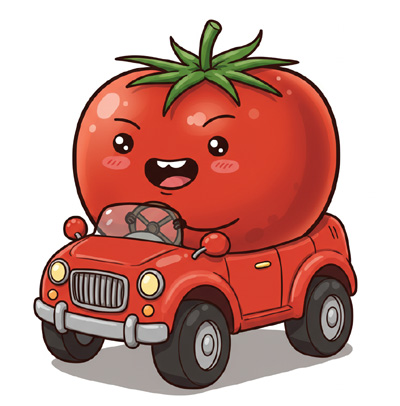Table of Contents
Toys are much more than simple playthings; they are fundamental tools in a child’s development, acting as gateways to exploration, learning, and self-expression. From the earliest days of infancy through the dynamic years of childhood, toys play a crucial role in shaping cognitive, emotional, social, and physical skills.

Fostering Essential Skills Through Play
Every toy, from a simple rattle to a complex building set, offers unique opportunities for growth:
- Cognitive Development: Toys like puzzles, building blocks, and board games stimulate critical thinking, problem-solving, and memory. They help children understand cause and effect, develop logical reasoning, and enhance their attention span. Educational toys, in particular, introduce concepts like numbers, shapes, and colors in an engaging way, making learning an enjoyable process.
- Motor Skills Refinement: Whether it’s grasping a soft toy, stacking blocks, or pushing a ride-on vehicle, toys are vital for developing both fine and gross motor skills. Fine motor skills, involving control of small muscles in the hands and fingers (like picking up small objects), and gross motor skills, involving larger muscle movements (like running and jumping), are continuously honed through play.
- Encouraging Creativity and Imagination: Toys provide a canvas for a child’s boundless imagination. Dolls, action figures, and pretend-play sets encourage children to invent stories, take on different roles, and create their own worlds. This imaginative play is crucial for developing narrative skills, flexible thinking, and the ability to see things from various perspectives.
- Emotional and Social Growth: Playing with toys often involves interaction with others, fostering crucial social skills. Children learn about sharing, taking turns, communication, and cooperation. Through role-playing, they can explore a range of emotions, practice empathy, and develop a better understanding of social cues. Even playing alone with a beloved stuffed animal can help children process emotions and find comfort.
- Sensory Exploration: Many toys are designed to engage a child’s senses. Different textures, vibrant colors, unique sounds, and even scents stimulate sensory processing, helping children interpret and understand the world around them. This is particularly important in early development when children primarily learn through their senses.
Choosing the Right Toys
While all toys offer some form of benefit, opting for age-appropriate, safe, and open-ended toys can significantly enhance a child’s developmental journey. Open-ended toys, which can be used in multiple ways, encourage more creative and imaginative play than those with a single, predetermined function.
Ultimately, toys are not just objects; they are catalysts for discovery, learning, and joy. By providing children with a diverse range of toys and the freedom to explore through play, we equip them with essential skills that will benefit them throughout their lives.
What’s your favorite memory of a toy from your own childhood, and how do you think it shaped you?
